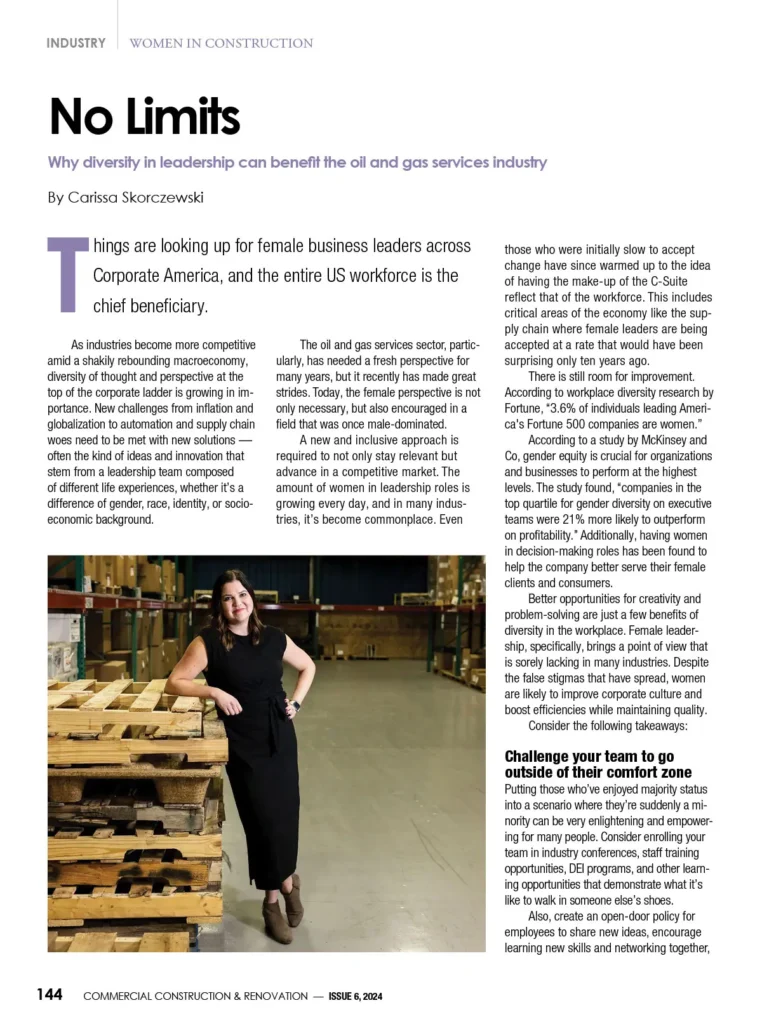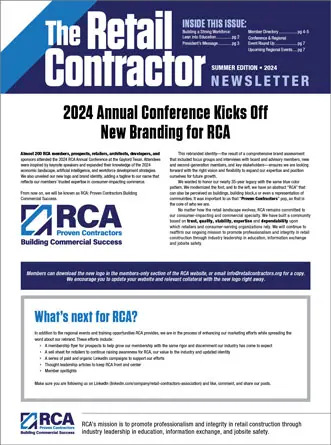Payroll management is the core part of an effective construction business. However, it can also be a real headache since manually making payroll is time-consuming, prone to errors, and a tedious task. Inaccuracy in payroll can lead the construction business to lose money, time, and trust. If not appropriately addressed, it can also result in wage-related lawsuits!
Construction payroll has its own challenges. For these businesses, managing a payroll process along with other tasks can be complex and may lead to inaccuracy. Every business wants to make the payroll process seamless and efficient. But the question is, how can businesses simplify construction payroll management?
Undoubtedly, outsourcing enhances the security of the construction firm. Payroll management systems such as SmartBarrel can help in optimizing the payroll process. This solution provides construction businesses with a time-tracking solution to manage worker hours and prevent payroll fraud.
In this article, you will find out 8 tips and tricks to simplify the payroll system. Let’s get into it without further ado.
1. Be transparent
Allow employees to access paid time off (PTO), wage policies, and other deductions. As a result, there won’t be any confusion during the payroll process. Transparency in the construction payroll will build trust between employers and workers. Additionally, it provides clear directions and creates better business relationships.
Your payroll should include the correct number of working hours and their performance-based pay credit. Let your staff mark the potential errors for modification before finalizing the payroll. Eventually, it will save managers from making endless corrections in wages after the payroll process is completed.
2. Set up automated tracking
Tracking the labor’s attendance and their working hours is among the most challenging aspects of the payroll process. Manual tracking is time-consuming and problematic, which leads to errors that can result in miscalculation of payments.
By adopting an automated tracking system, construction businesses can conveniently monitor attendance and make employee schedules. It organizes, collects, and records the employees’ working hours and deductions for taxes and benefits. Integrating automated tracking simplifies your everyday payroll-related tasks and increases overall efficiency.
3. Make a clear payroll policy
A clear payroll policy will ensure that employees receive accurate and timely wages. If your policies are concise and clear, they will help employees understand the payroll procedure. Transparent policies will help the workers receive accurate information and make precise forecasting and budgeting. Primarily, the payroll policies provide construction businesses with a direction and protect them against legal measures.
4. Accurate payment structure
If construction management reports constant errors in the payments, the firm should note down the problem and find a long-term solution. An inaccurate payment structure leads to glitches that may cause financial loss to a company. Therefore, the data must be updated so the payments are error-free.
The detailed records of the construction business’s incomes and expenditures should back your payment structure. If the firm has an accurate payment structure, it will increase employee satisfaction.
5. Offer fringe benefits
Instead of providing a raise in the payments of workers, consider offering them additional tax-free fringe benefits. Including these benefits in workers’ pay won’t require you to pay the payroll taxes. Simultaneously, the employees will also find more value in their jobs. Some most attractive fringe benefits for the employees include insurance benefits, education support, meal plans, and retirement plans.
With education support, workers receive knowledge related to many factors, which helps with the business growth. Providing employees with attractive fringe benefits maximizes productivity. It offers a great opportunity to draw the attention of talented and high-value employees and increase the loyalty of previous employees while reducing turnover.
Ultimately, fringe benefits allow a construction firm to stand out among its competitors without tangling more taxes on the payroll.
6. Prefer single & synchronized systems
Construction payroll generally consists of multiple systems leading to confusion in payments and clunky integrations. Therefore, it would be better for construction businesses to accept Human Capital Management as a solution to sync the systems. It will allow the construction payroll process to unify the information from the different systems into a single source.
Synchronizing all your systems will help the construction firm manage data seamlessly by limiting human errors. It will provide the firm with tools, technology, and processes to bring all the records of employees under a single yet synchronized system simplifying the payroll process.
7. Stay organized
Using an automated system for construction payroll is not enough. Firms should keep the system organized to access the records quickly. Construction businesses can prefer cloud storage or a hard drive to manage and secure every crucial data. Make sure to back up the data regularly to assure that the firm hasn’t lost any valuable information.
Moreover, if your construction firm is currently switching to an automated system, train the employees accordingly. As a result, there won’t be any mess in the payroll system.
8. Outsource
It is better to assign tasks to an experienced company to avoid any inconvenience. Outsourcing your payroll system to an experienced employee saves time and limits errors. Keeping track of wage garnishment, terminations, new hires, and benefit deductions can be a daunting task for the employer while handling other business activities.
Outsourcing the payroll system will let you invest your time in other valuable business stuff that increases productivity and grows the business. Construction firms can hire a team of experts to handle the changes in class codes and policies, administration of benefits, and deductions in the payroll.
Final words
An unorganized and complicated payroll process can hinder the growth of the construction business. Payroll is one of the most critical responsibilities in the construction firm that businesses should overlook.
By simplifying the procedures and making them more efficient, construction firms can boost productivity, save time, and limit the number of risks.








 The 2024 virtual Men’s Round Table will be held Q4, 2024, date TBD.
The 2024 virtual Men’s Round Table will be held Q4, 2024, date TBD.












